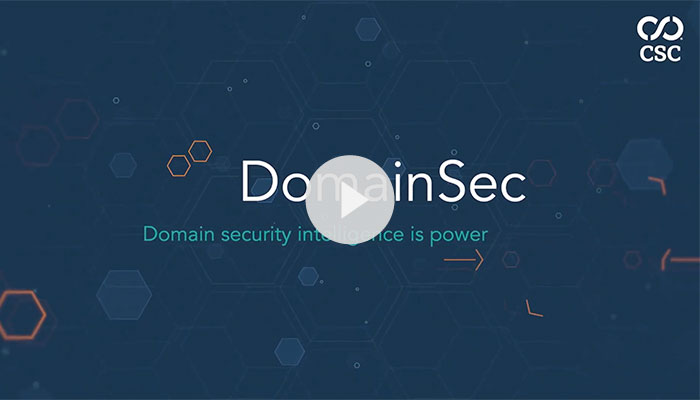
WHAT IS DNS CACHE POISONING?
The DNS is the infrastructure behind the internet, which translates human-friendly text domain names into numeric IP addresses recognized by computers. When users type a website URL into a browser, a series of internet queries are launched, and this complex journey directs users to their intended web destination, usually in a matter of milliseconds.
These internet queries first go to the internet service provider (ISP), and if the ISP has the IP address cached (saved), the computer resolves to the right web location.
If the ISP has been compromised, cyber criminals have replaced the cached IP address with a fraudulent website they control, re-routing a company's web traffic to content of the criminal's choice.
Put simply, cyber criminals access servers (like ISPs) and replace the saved information with their own websites. This results in your website visitors being directed to a brand-identical fraudulent site where users unwittingly hand over confidential information or credentials in the belief they are interacting with the legitimate company.
Use domain name system security extensions (DNSSEC) to protect your website visitors from forged DNS data.
WE'RE READY TO TALK
Our specialists are ready to answer your questions about helping you mitigate cache poisoning.

